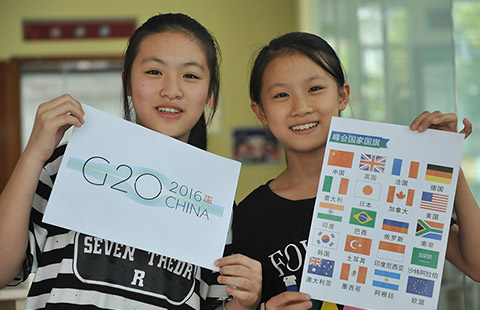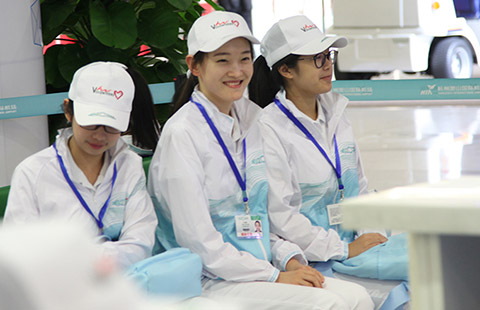Inviting more developing nations called a smart move
By Zhang Yunbi (China Daily) Updated: 2016-09-01 09:21China's decision to invite a record number of developing countries to the G20 Leaders Summit in Hangzhou is a smart move that reflects a new approach to managing the organization, observers said.
They noted that Hangzhou is a pioneer in upgrading industries, and inviting more developing countries to be part of discussions in the city will further facilitate sustainable development of the G20 mechanism itself.
Invitations to the first five countries-Chad, Laos, Senegal, Egypt and Kazakhstan-were confirmed by Foreign Minister Wang Yi when he addressed the media with his visiting Laotian counterpart early last month.
Three of the countries take rotating chairmanships of influential regional groups.
Chad is chair of the African Union, Laos is chair of the Association of Southeast Asian Nations while Senegal is chair of the New Partnership for Africa's Development.
Later in the month, the Foreign Ministry announced an expanded list of countries that included Singapore, Spain and Thailand.
The summit has been prepared at a time China is turning to innovation-driven development, and Hangzhou has been well known for its leading role in online services, technology development and financial products.
Beijing has also pledged to transform the way the G20 operates-from a mechanism of crisis response to one of long-term governance.
Chen Fengying, a senior researcher at the China Institutes of Contemporary International Relations, noted that the developing countries account for more than 85 percent of world population and "they are a fundamental pillar supporting sustained economic growth worldwide".
Ruan Zongze, vice-president of the China Institute of International Studies, said China, as the host country, has made the right decision by inviting a number of developing countries.
China, itself as a developing country, is well-positioned to make the concerns of the developing countries heard at the summit, Ruan said.
"What China wants is to solicit opinions from more countries for the reference of the G20 members," Ruan said.

















